You may be aware of the headaches that Japanese knotweed (Fallopia japonica) can cause for homeowners unlucky enough to find it growing on their property. This pesky plant is notoriously hard to get rid of, and you can find yourself on the wrong side of the law if you help it to spread into the wild.
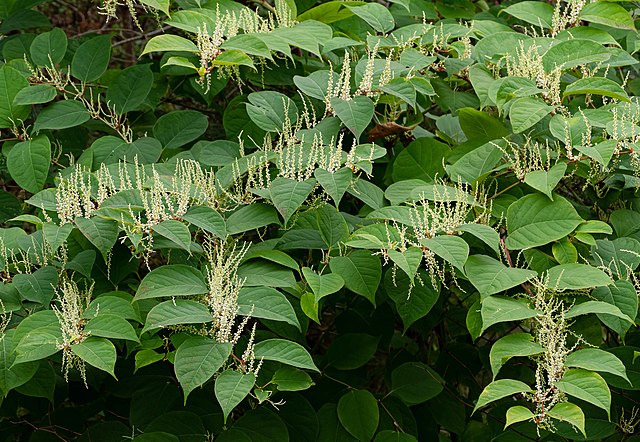
Image Source: Wikimedia Commons
But even if you already knew all that, the true scale of the UK's Japanese knotweed problem may stun you. This isn't a niche issue that only affects a handful of unfortunate landowners - according to a recent study led by Dr Ross Cuthbert of Queen's University Belfast, Japanese knotweed costs the UK economy a whopping £41 million every year. And that's a conservative estimate.
More...
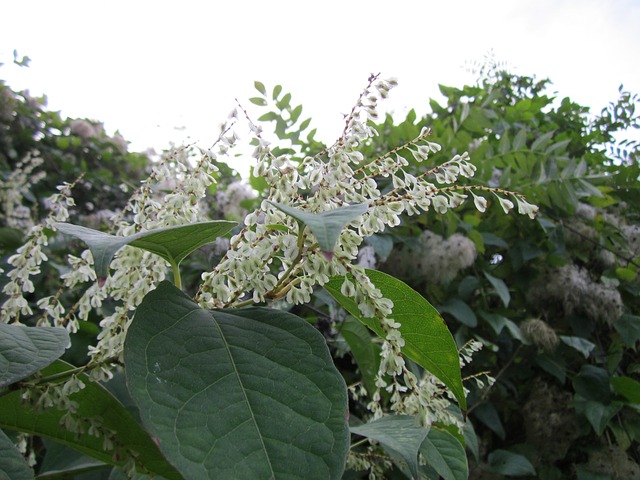
Last year, we received an enquiry from the Llanharan Miners Hall in Rhondda Cynon Taf. They were concerned because Japanese knotweed had spread onto their land from a neighbouring property - quite a common problem, unfortunately - and they wanted to make sure the plant didn't get out of control.
Taylor Total Weed Control carried out a survey of the affected site and recommended a treatment programme, which is now in progress.
More...
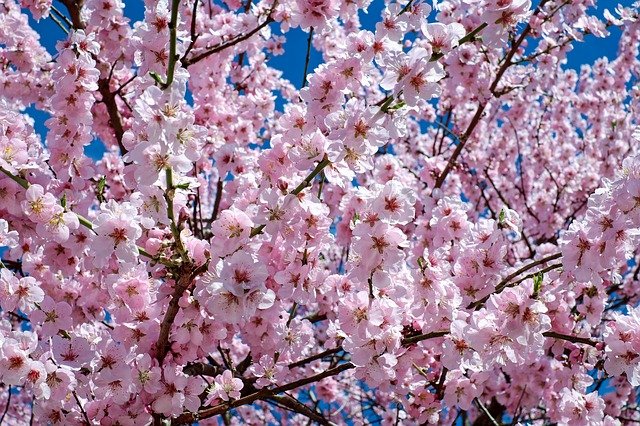
SHORT ANSWER: Japanese knotweed flowers are usually white, but dwarf Japanese knotweed - a related species - sometimes grows pink flowers. Additionally, there are several other pink-flowered plants that are commonly mistaken for Japanese knotweed.
Japanese knotweed can be identified by a number of distinctive characteristics: the bamboo-like stems, the heart-shaped leaves, and the clusters of flowers that appear in late summer.
These flowers are quite small, and they're usually white or cream in colour.
More...
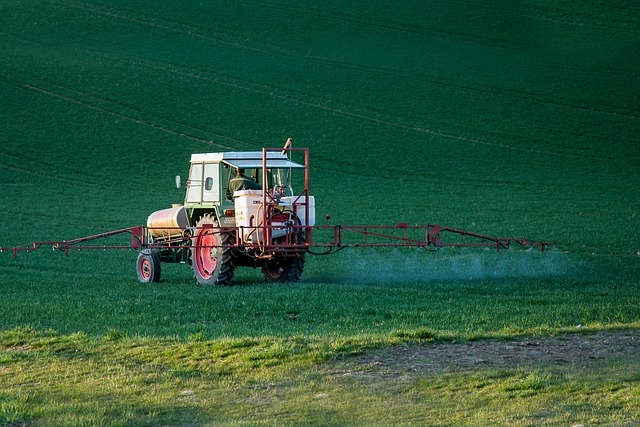
When it comes to the treatment of Japanese knotweed, there are a number of options to consider. The two most popular choices, however, are those of excavation and herbicide application.
Now, we know excavation may sound a little scary but we can assure you that your whole garden isn't going to be ripped to pieces. Regardless, the thought of having a digger on or around your property tearing away at the ground can be somewhat offputting, therefore herbicide application is often the go-to choice for many homeowners.
One of the many discussed treatments is glyphosate, an active ingredient in many herbicides. But does glyphosate kill Japnese knotweed off completely? Let's find out...
More...
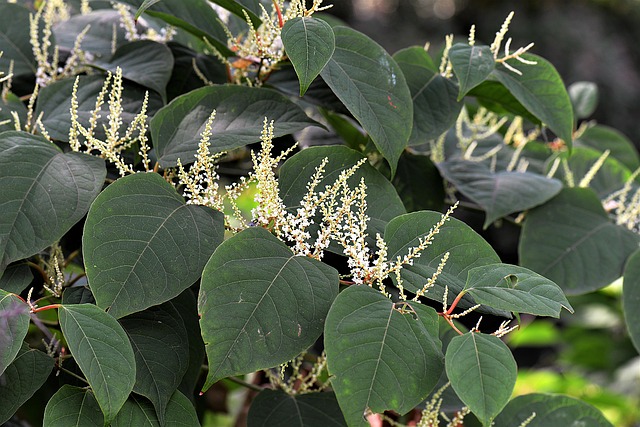
SHORT ANSWER: To kill Japanese knotweed, we recommend a three-year herbicide programme, followed by a two-year monitoring period to make sure it doesn't come back. However, we also offer excavation and removal if you need quick results.
Like old habits and Bruce Willis, Japanese knotweed dies hard. This invasive plant species is tough and versatile - it can grow in all sorts of different environments, and it's very difficult to destroy. Just when you think you've gotten rid of it once and for all, spring arrives, and those purple shoots emerge from the ground yet again.
More...
